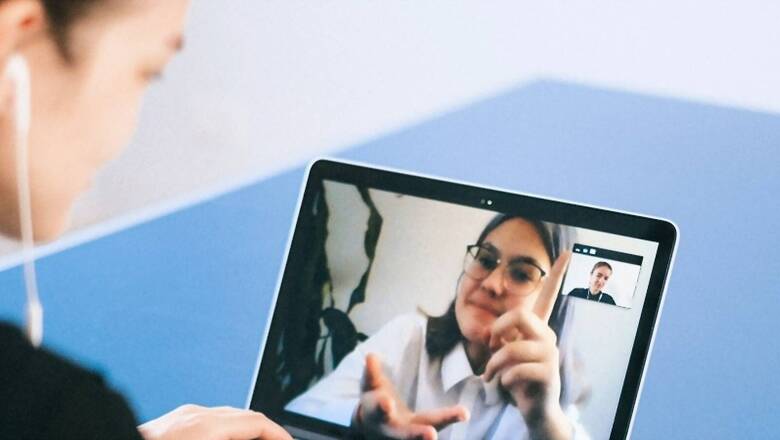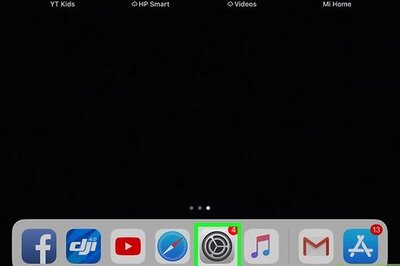
views
As many as 68 per cent of teachers said poor digital access –either the internet or devices was the biggest barrier to digital learning while 56 per cent reported that teachers and learners lacked the skills to make digital learning successful, as per a survey by Oxford University Press (OUP).
The report also revealed 70 per cent of teachers said the most disadvantaged students lost learning due to limited or no access to digital devices. While 44 per cent of respondents felt that the well-being of disadvantaged students had been particularly negatively affected during the pandemic.
Also read| 37% Students in Rural Areas, 19% in Urban Have No Access to Education: Survey
Out of 10 teachers, as many as 6 (61 per cent) reported engaging students in online lessons was a bigger challenge than costs, education funding, or digital infrastructure during the pandemic.
Half of the teachers surveyed (50 per cent) said a lack of parental understanding of digital tools and platforms limited the effectiveness of support available to their children while 58 per cent said disadvantaged students tended to receive less educational support from their parents and families.
The Oxford University Press (OUP) global report explores the digital divide in education, following the shift to digital learning during the COVID-19 pandemic. The report captured the views of 1,557 school and English language teachers from 92 countries including India on the digital divide such as the barriers to effective teaching and learning, and the impact of the divide on learners’ development.
Read| Amazon to Provide 20,000 Digital Devices to Underprivileged Students in India
“Though there has been rapid adoption of digital mediums in education across learners in the Indian subcontinent, access to the best content has not been inclusive,” said Sumanta Datta, Managing Director of Oxford University Press India (OUPI). “Digital education platforms are expensive and out of reach for most middle-income families. Digital content and teaching capabilities vary greatly between private and public schools. In addition, the lack of quality vernacular content widens the divide between students in urban and rural communities. There is an urgent need for an inclusive education eco-system to address these gaps,” she added.
Read all the Latest Education News here




















Comments
0 comment